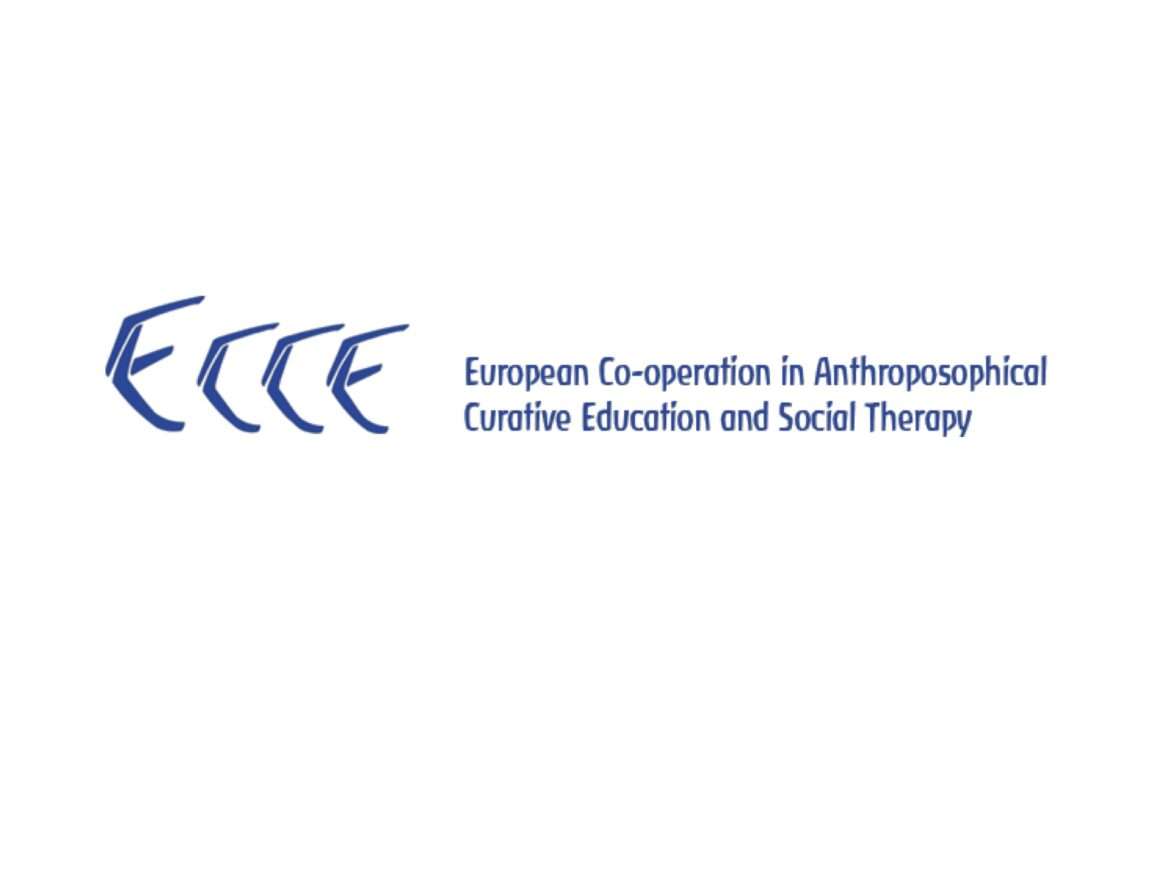ECCE Has Concluded Its Work
On Sept. 25, the General Assembly of the European Co-operation in Anthroposophical Curative Education and Social Therapy (ECCE) took the final decision to discontinue ECCE. The 2022 and 2023 financial reports were approved, the directors were discharged and the earlier decision to donate the remaining financial surplus to the Council was ratified. This concluded an important project in the development of our working field.
ECCE was an NGO, set up in 1992 by the Konferenz für Heilpädagogik und Sozialtherapie, together with representatives of parent organizations. The aim was to give people with disabilities supported by anthroposophical organizations and their families a stronger voice in the decisions about their living and working conditions and in the European policy making process.
In the early years ECCE played an important role in establishing regional parent organizations in different European countries and to promote the dialogue with anthroposophical organizations in the field. The annual international member meetings were each year held in another European country. Members appreciated these encouraging events, which were marked by solidarity, inspiration and enriching encounters. Membership grew and ECCE became active on the European level as co-founder of the European Disability Forum, the most important advocacy organization for the rights of people with disabilities in the European policy making process. In this collaboration ECCE was very much appreciated as one of the strongest partners representing people with complex needs and their families. The ECCE was also a member of the EASPD and Inclusion Europe and became a respected partner in discussions with the Intergroup for People with Disabilities, which promotes the rights of people with disabilities in the European Parliament.
ECCE was co-founder and active participant in the ELIANT project, the European Alliance of Initiatives for Applied Anthroposophy. ELIANT promotes the availability of choice and cultural diversity in the EU on behalf of the services and products of applied anthroposophy.
From the beginning ECCE contributed to the creation of the UN Convention on the Rights of Persons with Disabilities and promoted its ratification in the European countries.
Through its active members and board, ECCE also became one of the driving forces behind the inclusive European conferences “Living in the Encounter.”
During the last decade, much has changed in the collaboration of service providers and persons with disabilities and their relatives, which enabled more participation and inclusion in the living and working environment.
At the same time, we saw a sharp decline in ECCE membership and consequently also in financial resources, and it became increasingly difficult to find parents to serve on the board. As a result, ECCE could no longer assume its active role.
Looking back, we can note with pride that ECCE contributed a lot to a positive self-image and to the encouragement of people with disabilities to contribute creatively and with human dignity to our society. These ideals continue to live on in our movement and will continue to be promoted by the Council.

